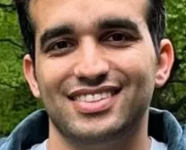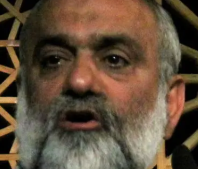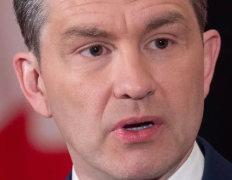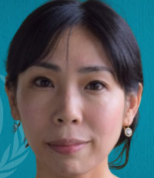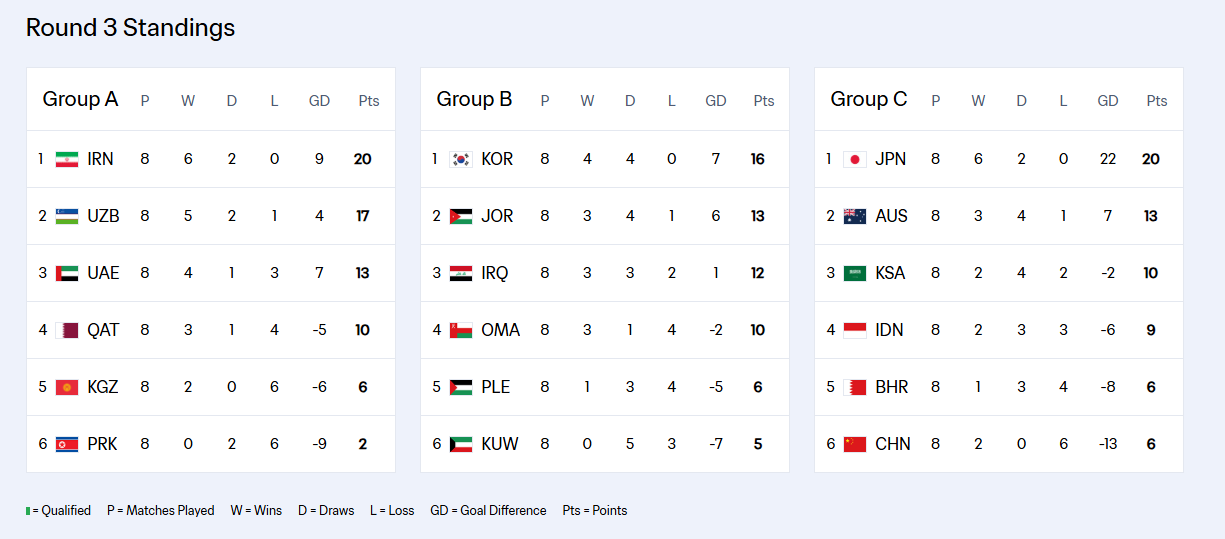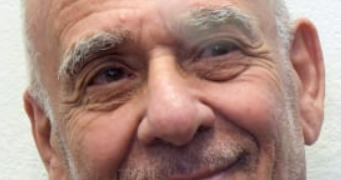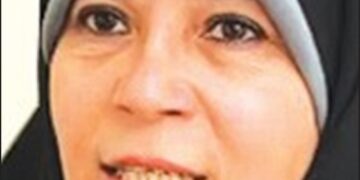April 15, 2016
by Warren L. Nelson
The Majlis voted Monday to deny the payment of monthly welfare checks to the wealthiest 30 percent of the population—but it didn’t say how the government was supposed to figure out who those people are.
Last year, the Majlis ordered the government to remove the richest 7 percent of the population from the welfare rolls, but also failed to tell the government how to accomplish that.
Almost a decade ago, when the national welfare system was laid out, the announced plan was to pay a full share of welfare to everyone in the bottom one-tenth of family income, declining percentages to each of the next six-tenths and nothing at all to the richest three-tenths.
But as the Ahmadi-nejad Administration moved to the start of the program in 2010, it was unable to figure out who was in which tenth. Shortly before implementation, it threw up its hands and said it would make equal payments to every citizen.
The payments were set at 455,000 rials per person per month. That was about $43 when the program started, but is now worth less than $13. Neither the Ahmadi-nejad Administration nor the Rohani Administration has ever proposed raising the sum as inflation has eaten away at the monthly stipend.
Almost since the program began more than five years ago, officials have said the plan (really a desire) was to halt payments to the wealthiest three-tenths.
The Rohani Administration, when it took office, said everyone would have to sign up anew for the payments and asked the well-off not to apply. The government ran television spots with famous athletes and performers saying they earned enough money and would not be applying for welfare, and urging all others who didn’t need the payments to pass up the opportunity as well.
That didn’t work. About 94 percent of the population signed up.
Since then, the government has been poking around and removing people they think are wealthy one-by-one from the rolls. According to the latest statistics, the government has so far been able to remove 3.5 million wealthy folks from the rolls. But that is less than 4.5 percent of the population, far from the goal of 30 percent—and far from the 7 percent the Majlis last year ordered purged.
According to the economic daily Donya-e Eqtesad (Economic World), the government is now using 41 criteria to cull people from the rolls.
These include such things as real estate ownership, commercial licenses, foreign travel and insurance policies owned. Senior government officials, high-ranking military officers, senior executives in the private sector, those owning two cars or one imported car and all professionals (doctors, lawyers and university professors) will be crossed off the list automatically.
Anyone notified that he or she has been dropped from the rolls is told how to appeal that decision. They are referred to a call center where the voice on the other end of the line first explains how the money saved by not paying the caller will go to the Imam Khomeini Relief Committee and other organizations that aid the poor and disabled. According to the newspaper report, 75 percent of those calling give up their complaint on hearing that. In effect, they are being told that if they pursue their complaint, they will be taking food out of the mouths of the needy.
Of those who pursue their complaints, the report said 20 percent have their monthly welfare payments restored. However, another report cited by Radio Zamaneh in the Netherlands said that 870,000 people had appealed their elimination and 561,000 or 64 percent had been put back on the welfare rolls. Either way, this suggests the database used by the government in the first place is of a rather poor quality.

